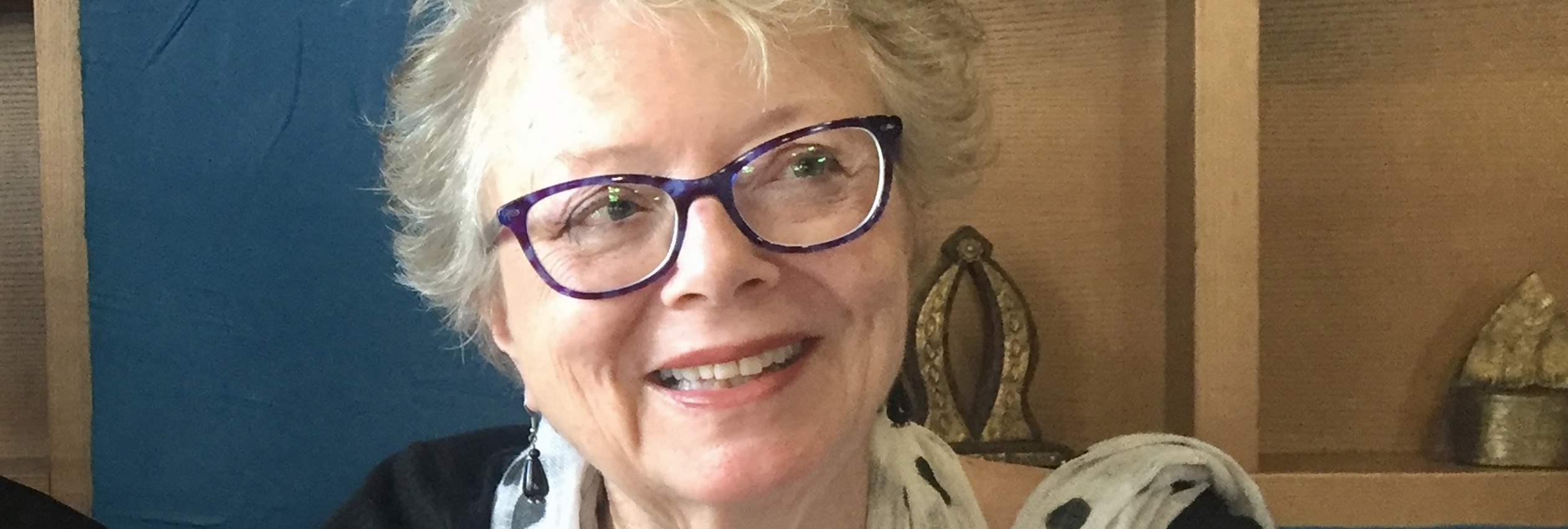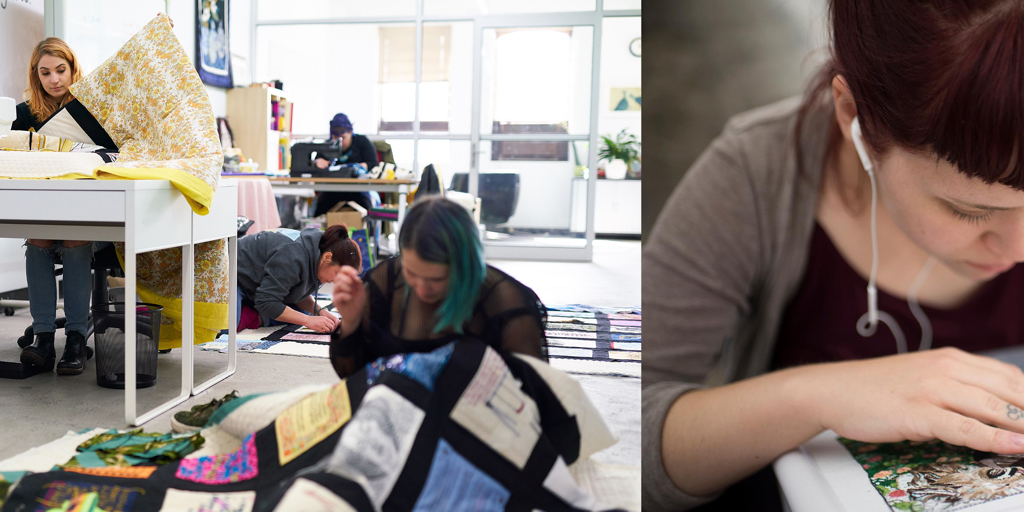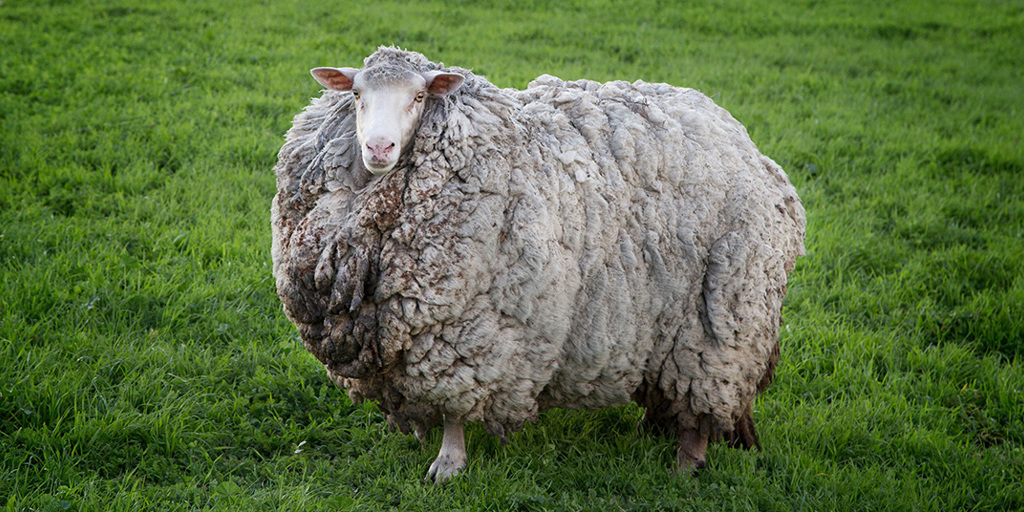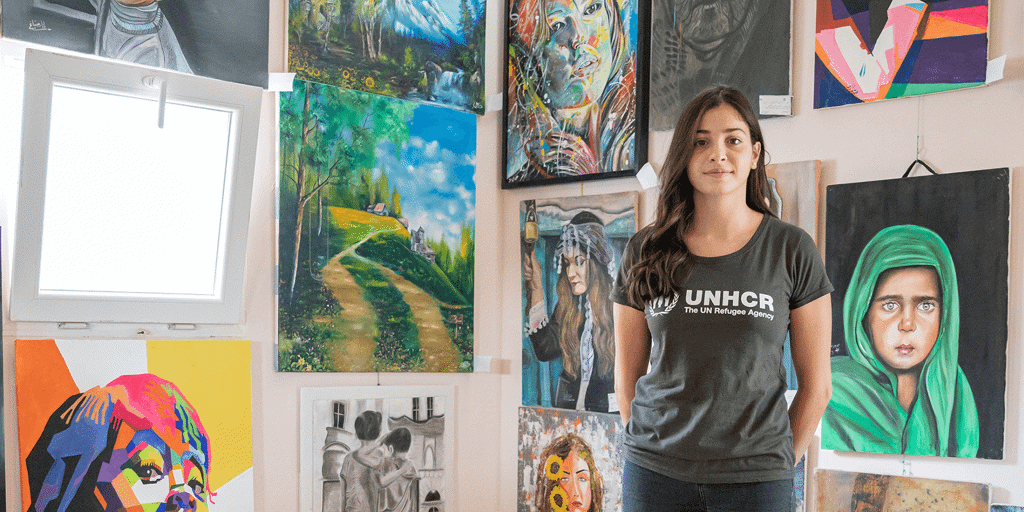Developed exclusively by UNHCR, the Connecting Worlds app offers every Leading Women Fund donor the chance to connect directly – via texts and photos – with a Syrian refugee woman in Jordan.
Many donors describe it as a life-changing experience. For the refugee women, the opportunity to share their stories, hopes and dreams with a sympathetic listener can be both comforting and empowering. Here, Barbara Jackson shares her perspective on an experience she’s keen to revisit.
Why did you first decide to participate in the Connecting Worlds app experience?
When I first heard about Connecting Worlds, I was awestruck, to tell you the truth, because I hadn’t heard of anyone else running a program like this. I also knew, as I had worked in the not-for-profit sector, that UNHCR was a really credible organisation. With the Leading Women Fund, our financial contributions are substantial enough to make a real difference to a refugee woman’s life, giving her a sense of security. Being able to talk directly to one of these women through Connecting Worlds makes the experience much more profound.
How many times have you participated in Connecting Worlds?
Twice so far, and I’ve signed up again for this next round.
Do you have any tips to share?
Most of the refugee women participating in the app are married or have children, and I’m single with no children, so I had to find other ways to connect. One of the helpful things I did was to ask the women if they could tell me which city they lived in, then I looked it up online to find out about its geography, markets, what the traffic was like, the overall environment. I used that information to inform our chat; I could ask questions about it all.
I also sent photos of nature here – flowers, trees, kangaroos. And my “match” – the woman I was paired with – shared photos of her herbs and the geraniums at the front of her place. It was very enjoyable. This time, I’m going to get a friend to take pictures of me doing everyday activities like washing dishes (everyone has to wash dishes!). I realised I didn’t send many photos of myself, partly because I was very conscious of my relative privilege. But of course people in other countries know about our lives here. I think photos of me sharing my everyday domestic life will help our connection.
Did either match share difficult information about themselves?
Yes. My first match suffered a genetic condition called familial Mediterranean disease, which is an inflammatory disorder that caused her to have recurrent fevers and pain in her abdomen and chest. She was getting medication for it through a UNHCR doctor, but I still felt very helpless. There wasn’t anything practical I could do for her, just listen. Sometimes a refugee just wants to be able to share her story with no judgement; they just want to be heard.
How often did you text and for how long?
Probably every other day, or even daily. With my second match I did two months. You’re not only texting but you’re also thinking about your match at other times. Our phones are everything to us, right? And so when you receive those messages and photos, and you’re sharing in return, you feel intimately connected.
How would you describe Connecting Worlds overall?
It’s such a satisfying experience and completely unique. I feel privileged to take part.
A donation to the Leading Women Fund can be life-changing for a refugee woman and her family. Make a real difference by donating here and guaranteeing your place in the unique Connecting Worlds experience in September.

















 Australia
Australia



